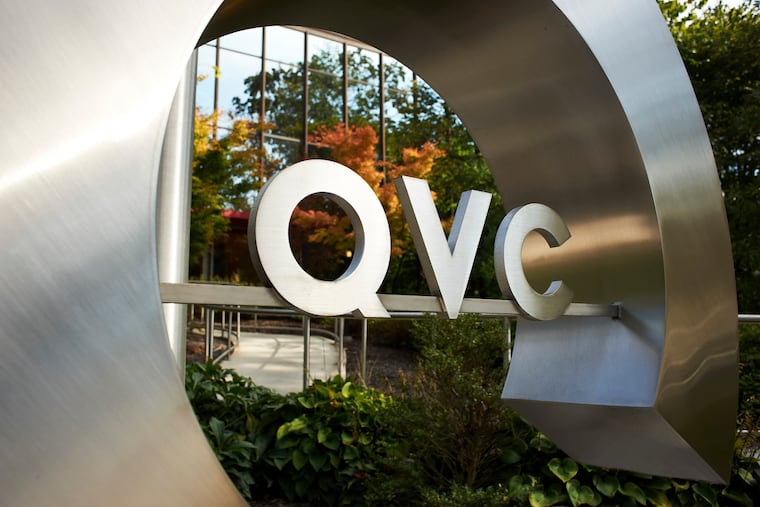Former QVC exec gets 30 months in prison for bilking $1M from network
James Falkowski, QVC's former marketing director, defrauded the company out of more than $1 million to fund his luxurious lifestyle.

A former QVC executive was sentenced Tuesday to 30 months in federal prison for defrauding the West Chester-based shopping network out of more than $1 million — money he spent to maintain a luxurious lifestyle that included high-end clothing, stays in five-star hotels, and Botox treatments.
James D. Falkowski, 43, former marketing director for QVC, also was ordered to repay his former employer more than $830,000.
"The conduct was purposeful … sophisticated," U.S. District Judge Michael M. Baylson said as he imposed the sentence. "You also need to understand what it's like to obey the rules that apply to everybody else."
Falkowski, marketing director from 2008 until he was fired in 2013, falsified reimbursement invoices and received kickbacks from private vendors to maintain his opulent habits and personal expenses.
"We think that it's exactly the right sentence," Assistant U.S. Attorney Christopher Mannion said after the hearing in Philadelphia. "Mr. Falkowski committed a very serious crime. He stole almost a million and a half dollars, and the court recognized that, obviously."
Falkowski, of Buffalo, N.Y., was indicted in June 2017 and pleaded guilty in March to 11 counts of wire fraud and one count of conspiracy.
Defense attorney Catherine Henry cited Falkowski's lack of prior criminal history and health problems, including severely deteriorating vision and a history of drug abuse, for which he has received treatment and which Henry argued contributed to his misjudgment at QVC.
"He was just making terrible, terrible decisions, and that's why he committed the fraud," Henry told the judge. She declined to elaborate after the sentencing.
Falkowski blamed his actions on his drug habit.
"I came to QVC as a drug addict. I never acknowledged the fact that that was a problem," he calmly told the judge. "I broke the trust of not just the company… but the team that I really loved working with."
Henry said Falkowski has changed so much since his time at QVC that "it's very hard to reconcile the person he was to the person he is now." In New York, he is the primary caregiver for his parents, who are in their 80s, and sells gourmet dog food and treats, his lawyer told the judge.
Baylson recommended that Falkowski enter a 12-month drug treatment program while in prison. The judge also allowed Falkowski to delay his surrender until Sept. 14 so he can undergo eye surgery. Falkowski has had several eye surgeries after being diagnosed with Fuchs' dystrophy, a genetic disorder of the cornea that has left him legally blind in one eye, his attorney said.
His tenure at QVC came after years of working at various California-based public relations firms beginning in the late 1990s.
In 2008, he moved to Philadelphia to work for the shopping network to "grow and enhance QVC's brand image in the entertainment and fashion industries," according to court documents. At the time of his firing, he was paid $238,800 a year.
Falkowski recruited two companies — the Steinberg Group, a Los Angeles public relations firm; and SPEC Entertainment, a New York City production company — to take on QVC as a client. Falkowski was a silent partner in both firms.
He admitted to hiding his embezzlement through falsified billing and expense invoices regarding his work with the two companies, such as a luxury car service, a personal vacation to the Turks and Caicos Islands, airfare, and hotel stays.
QVC filed a civil suit over the fraud in 2015. Two years later, he was charged criminally.
Jennifer Reno, QVC's global risk manager, testified that Falkowski's embezzlement drastically changed the culture of the company, leading to new policies such as employees being discouraged from accepting gifts and not being allowed to accept gifts worth more than $50.
It's a marked change from a company that once operated in a "backyard barbecue" atmosphere, she said.
"It was your family," Reno testified. "It's an important part of our culture that we were open and collaborative."